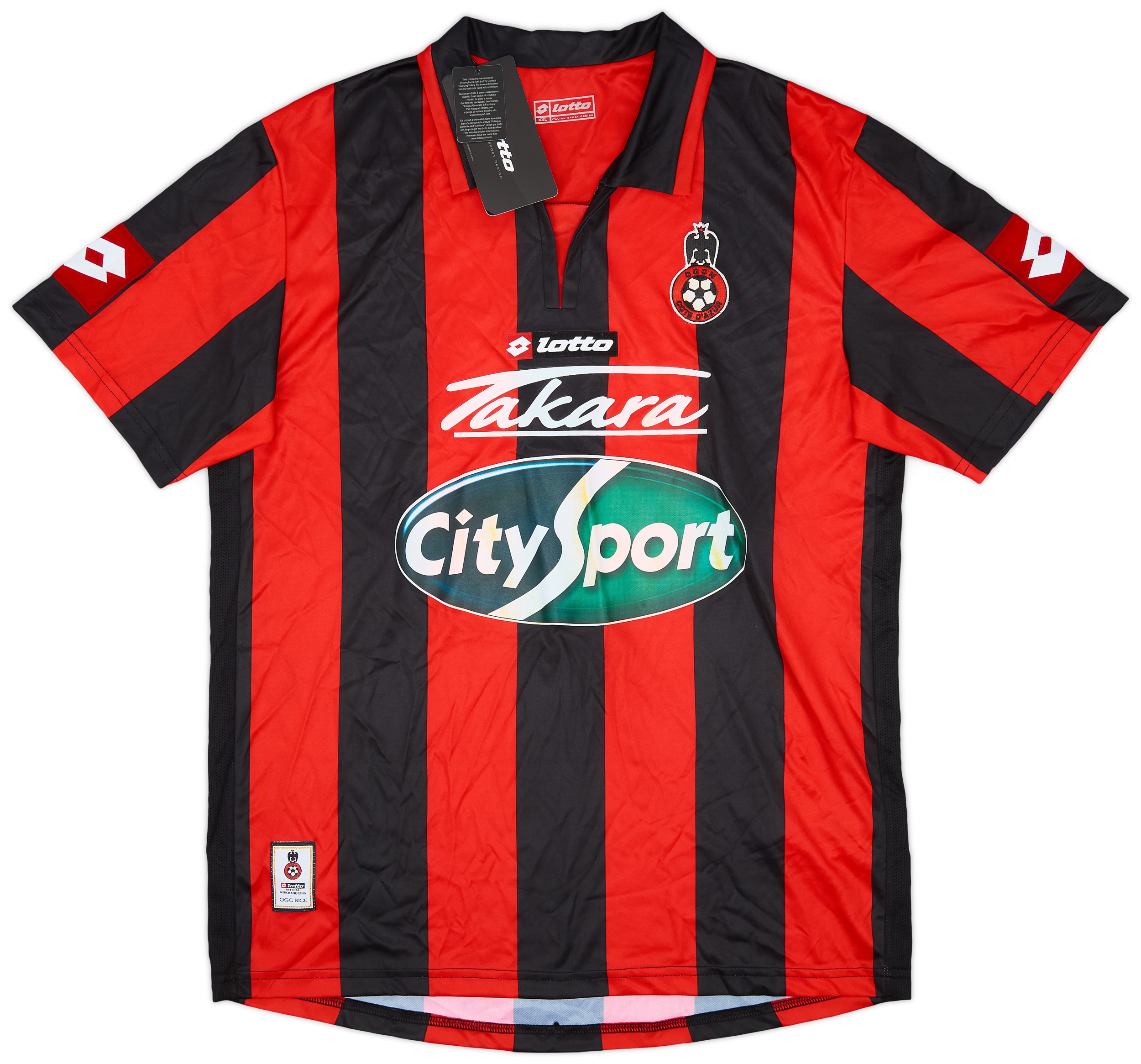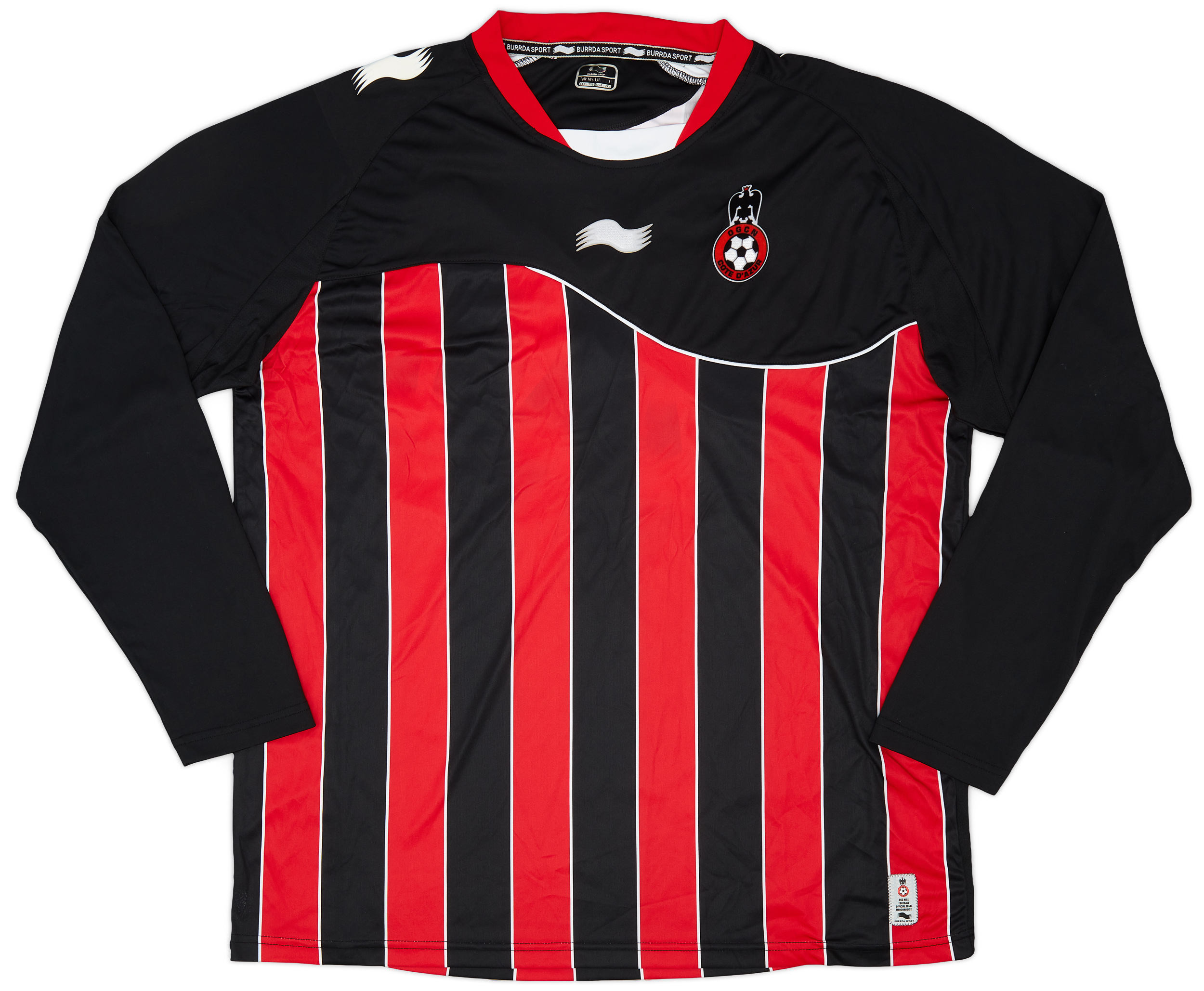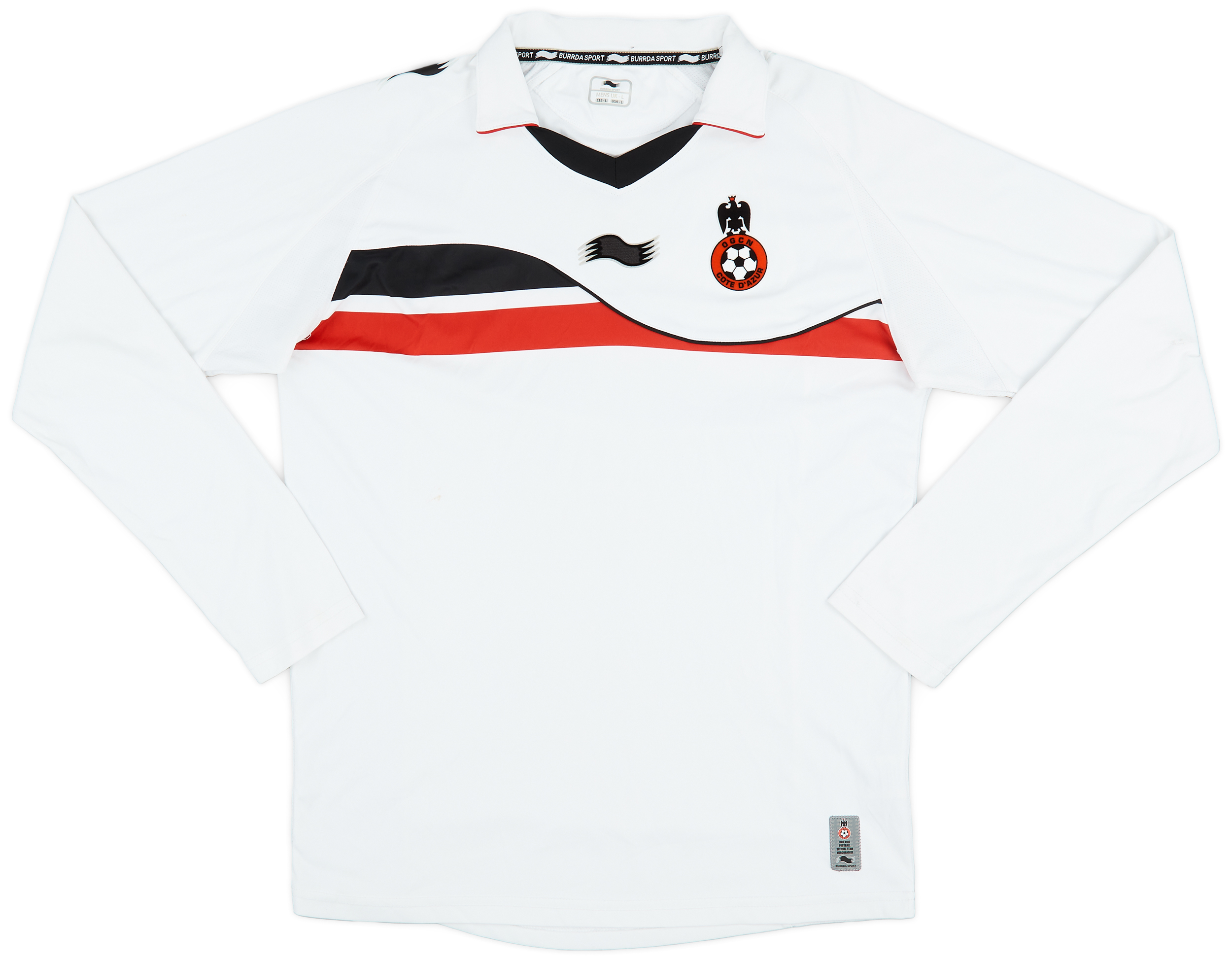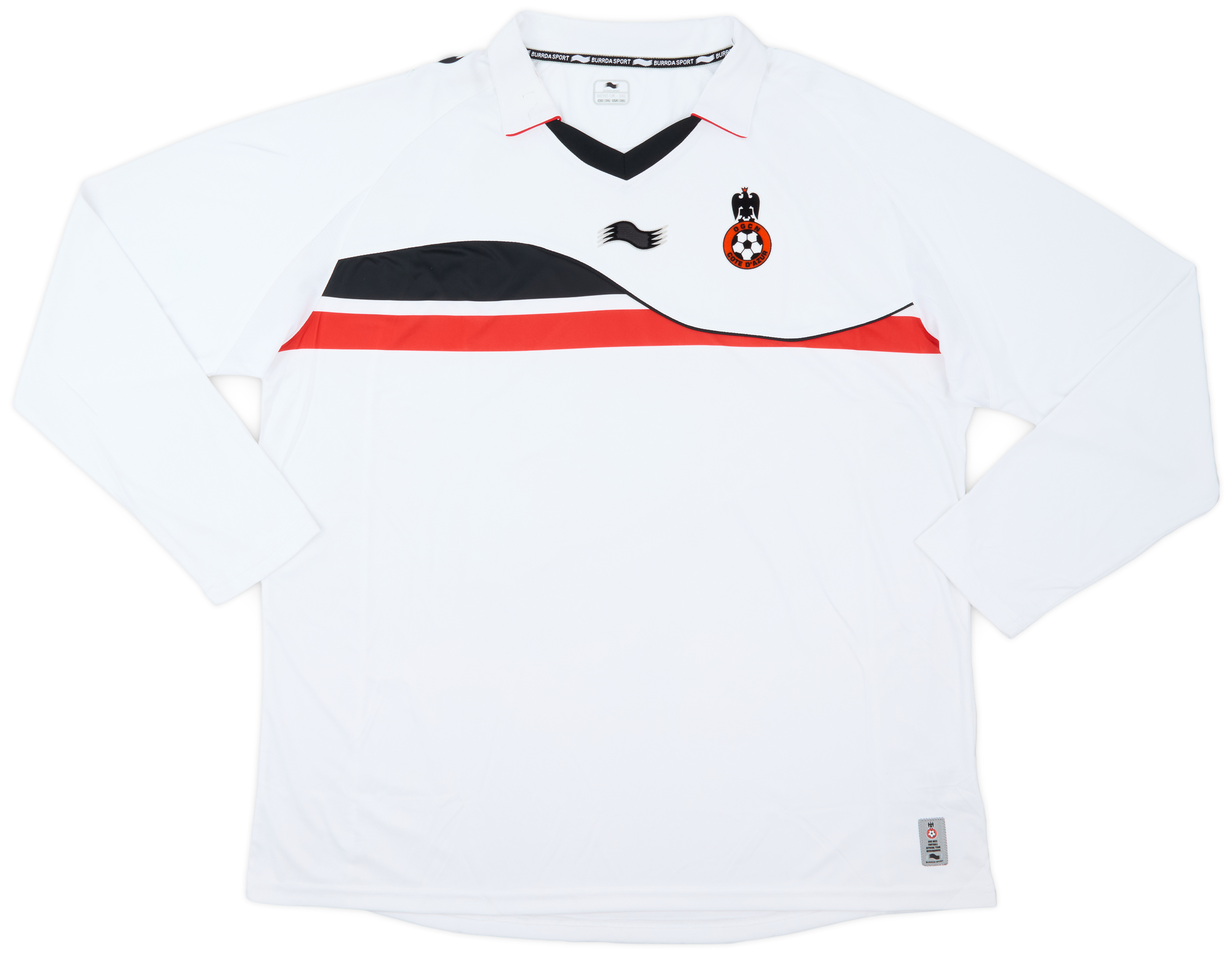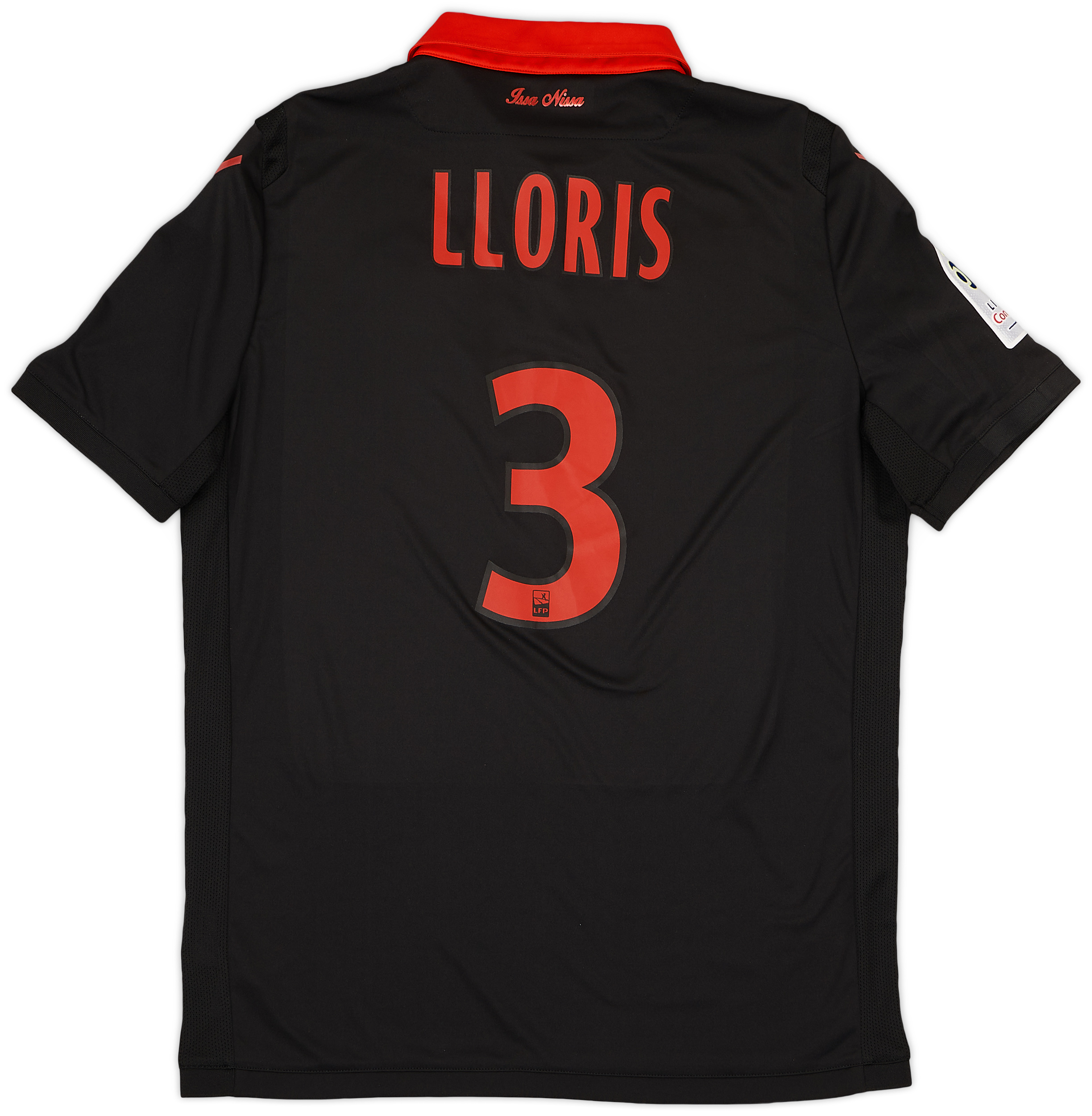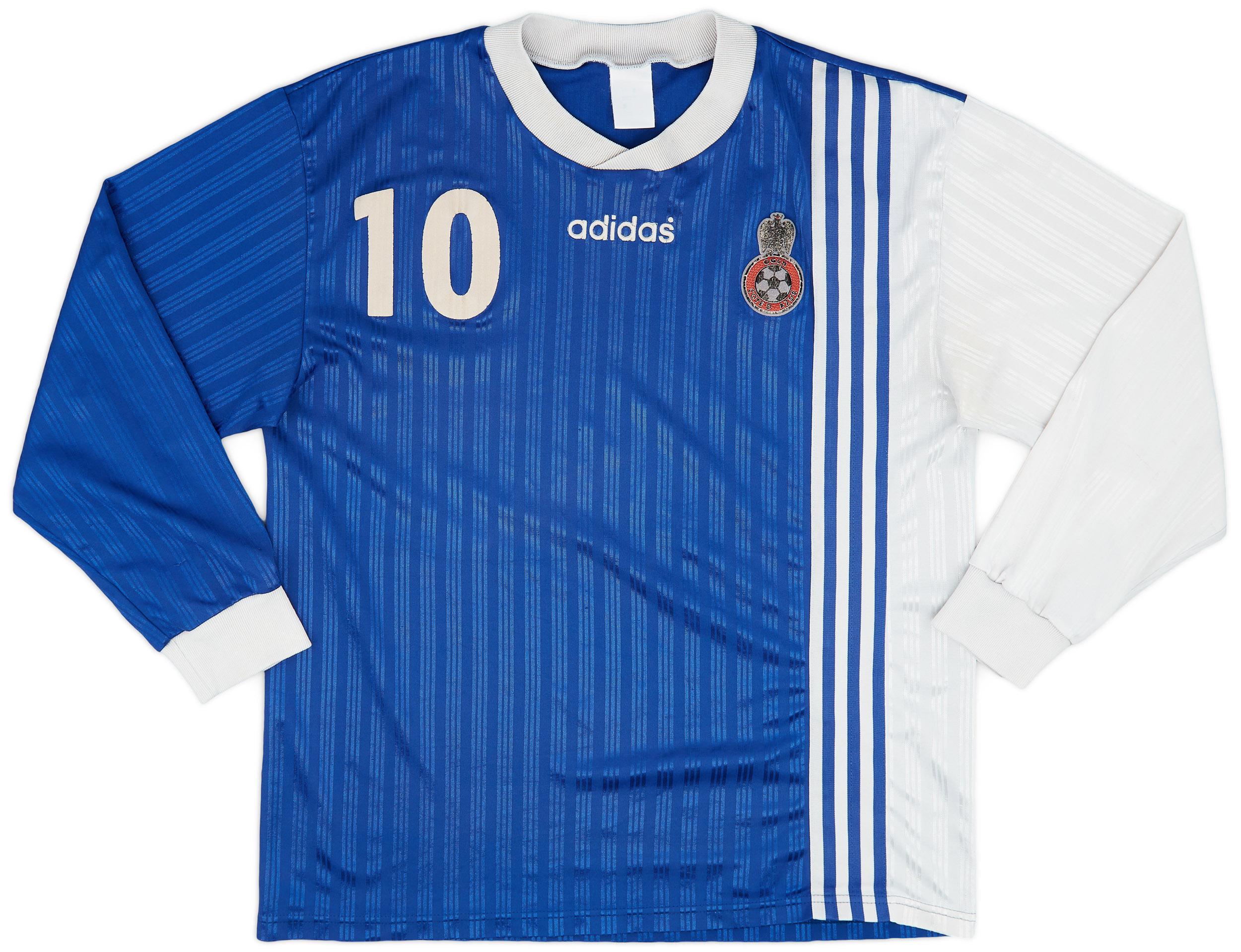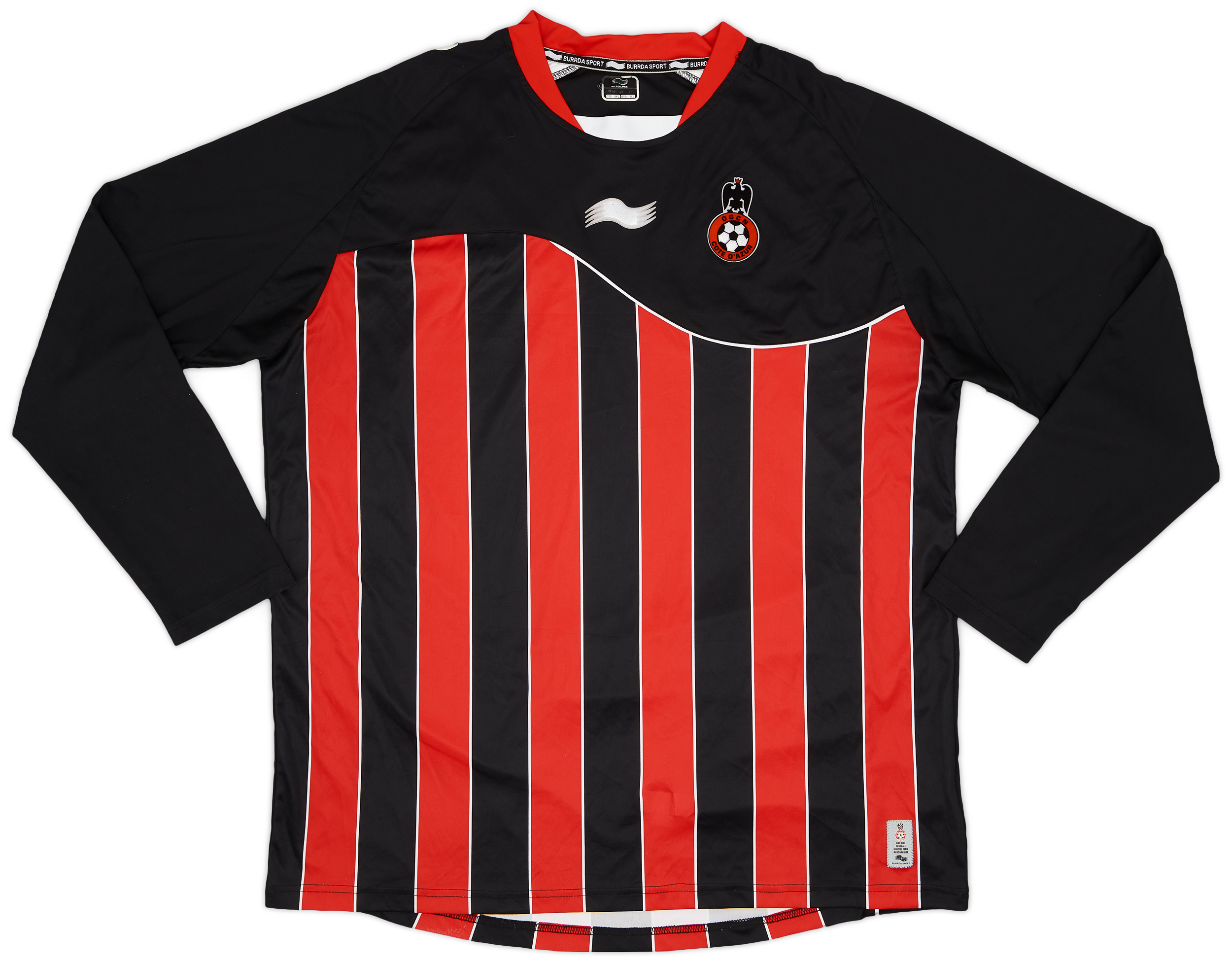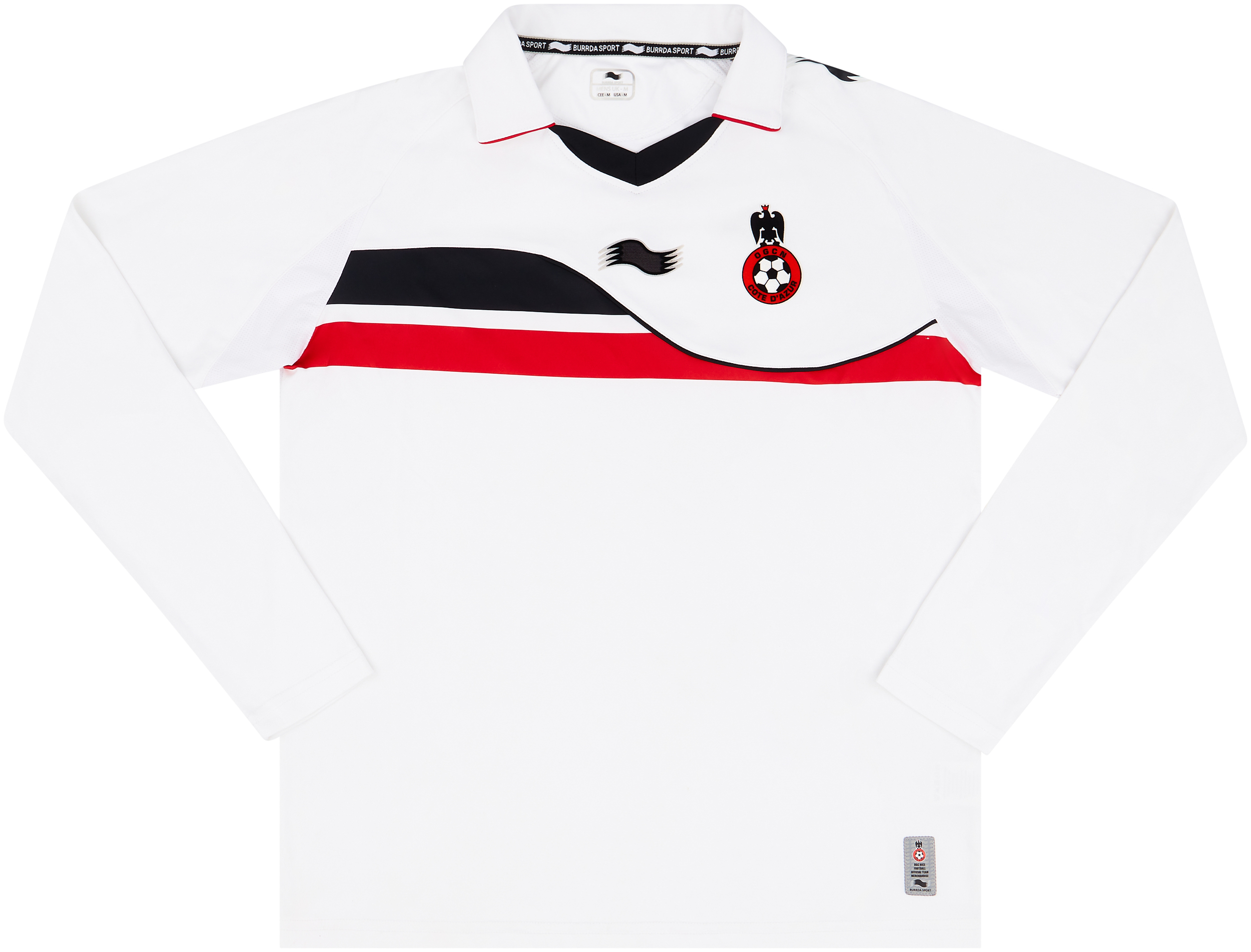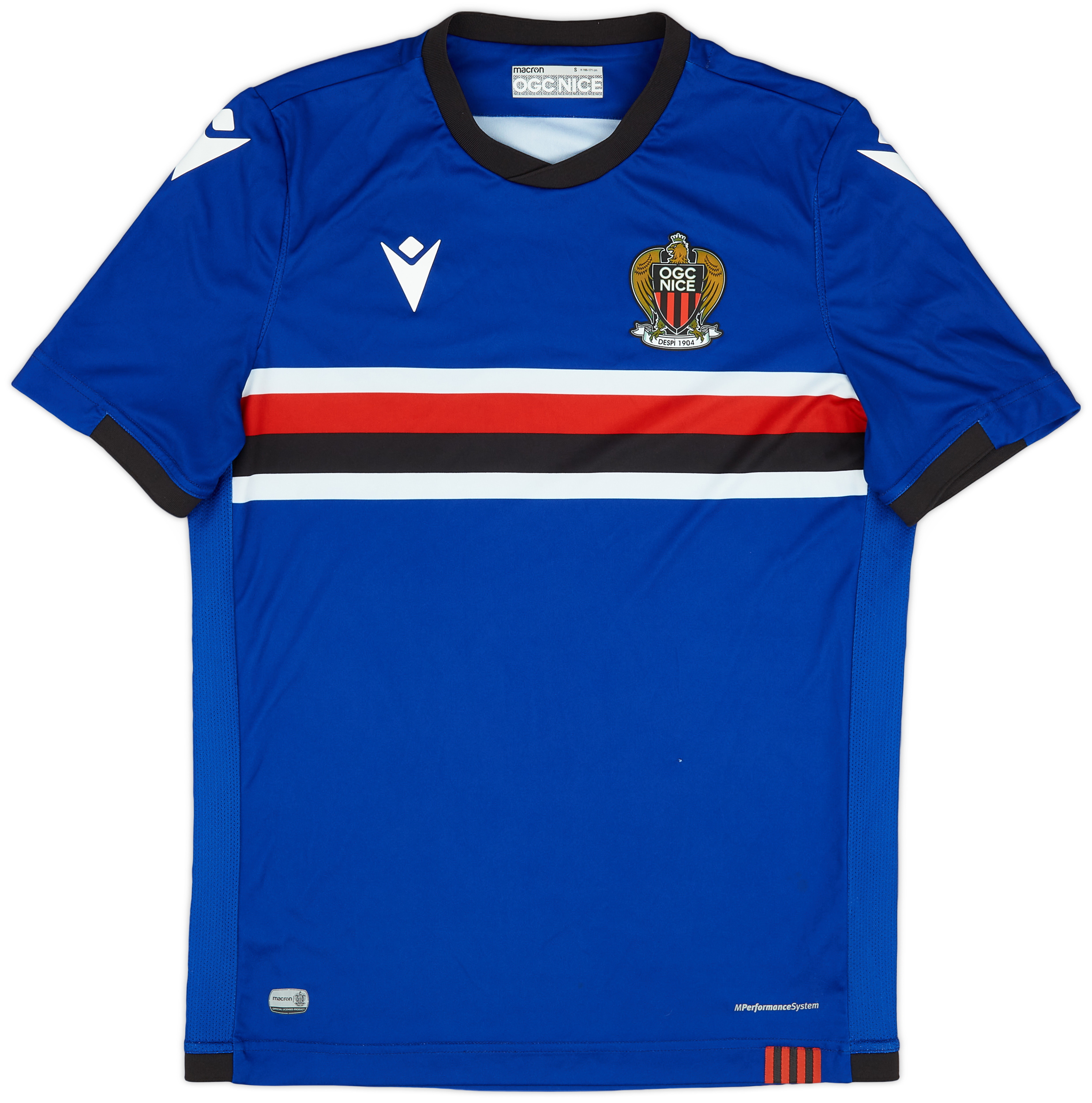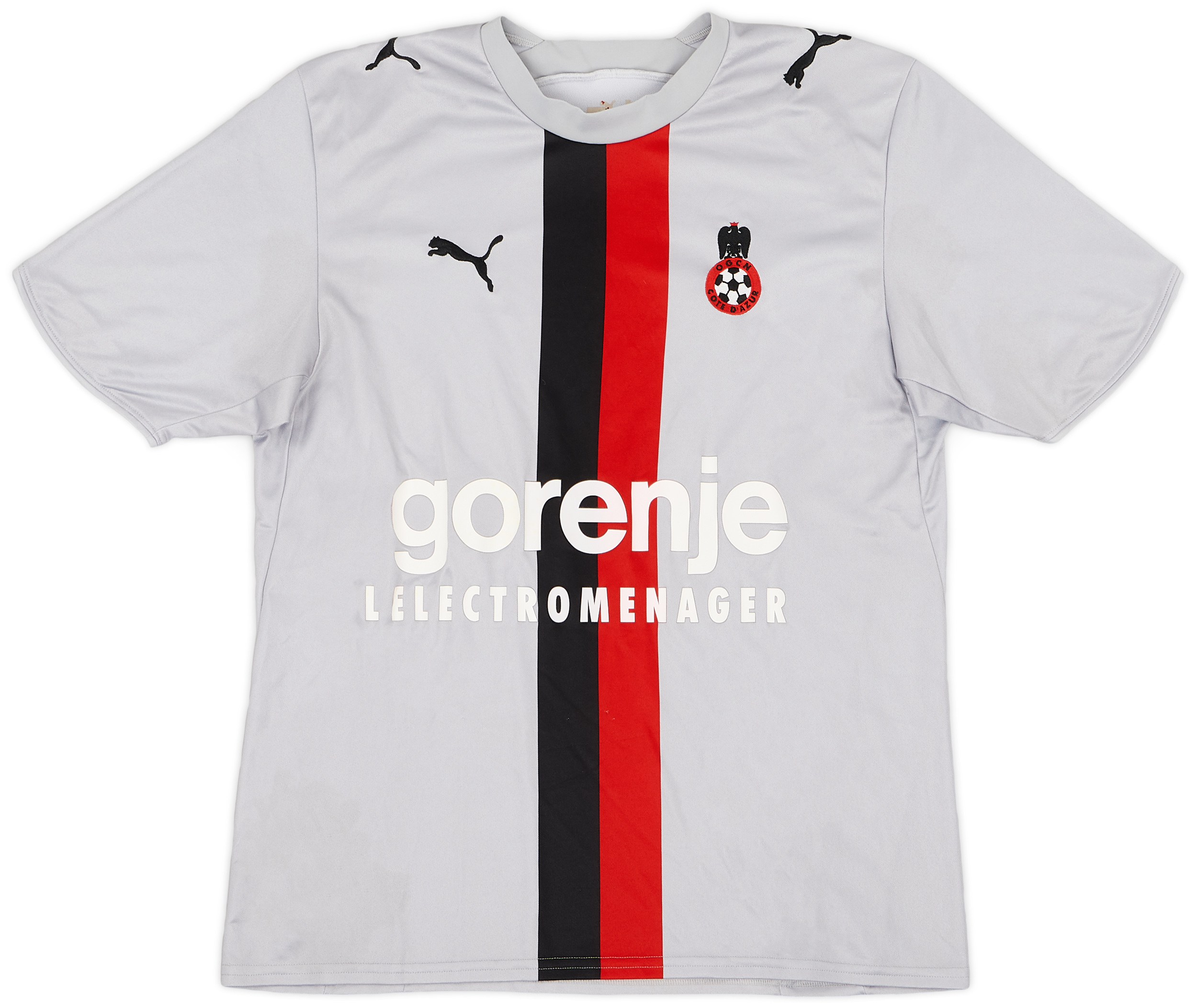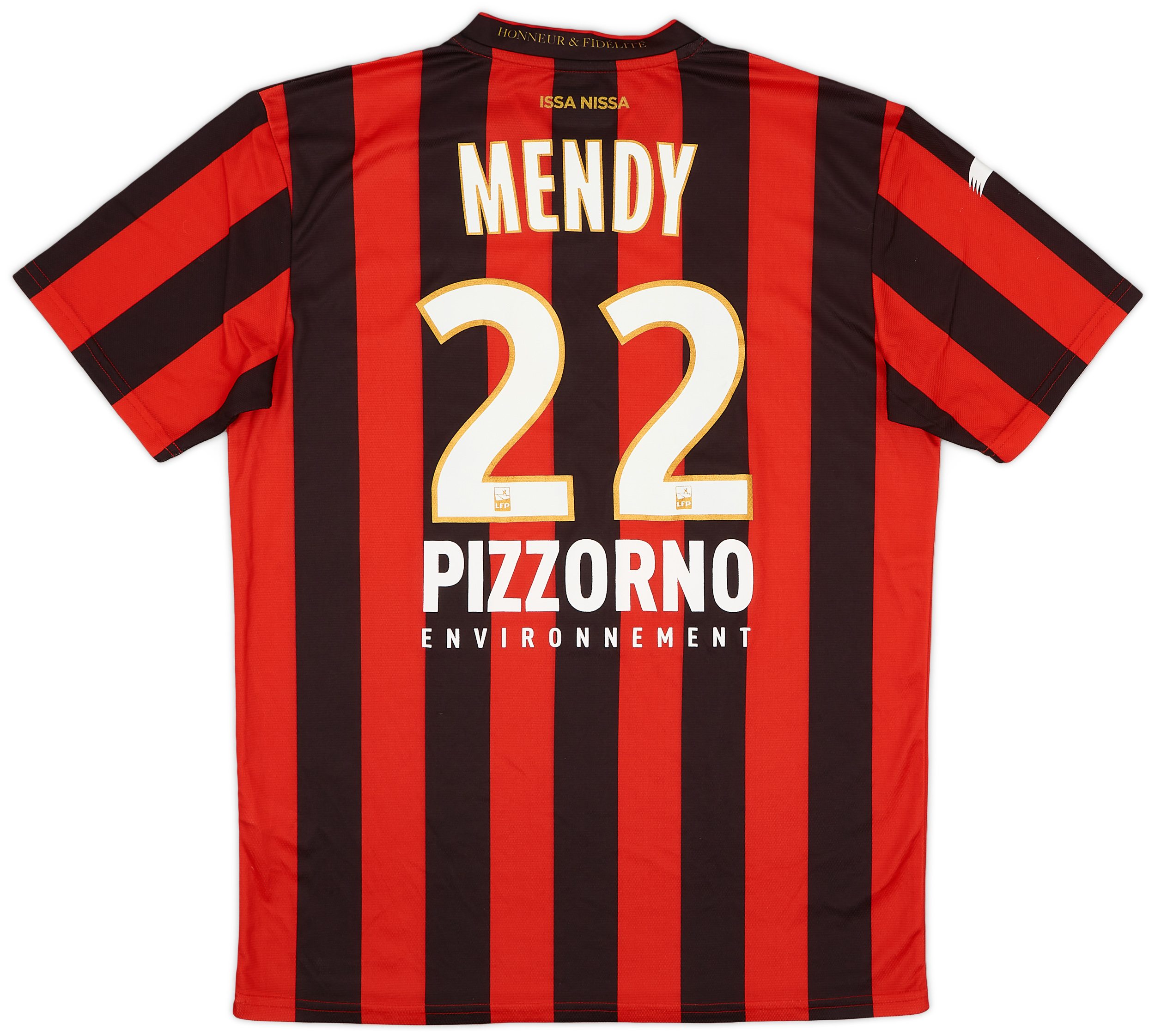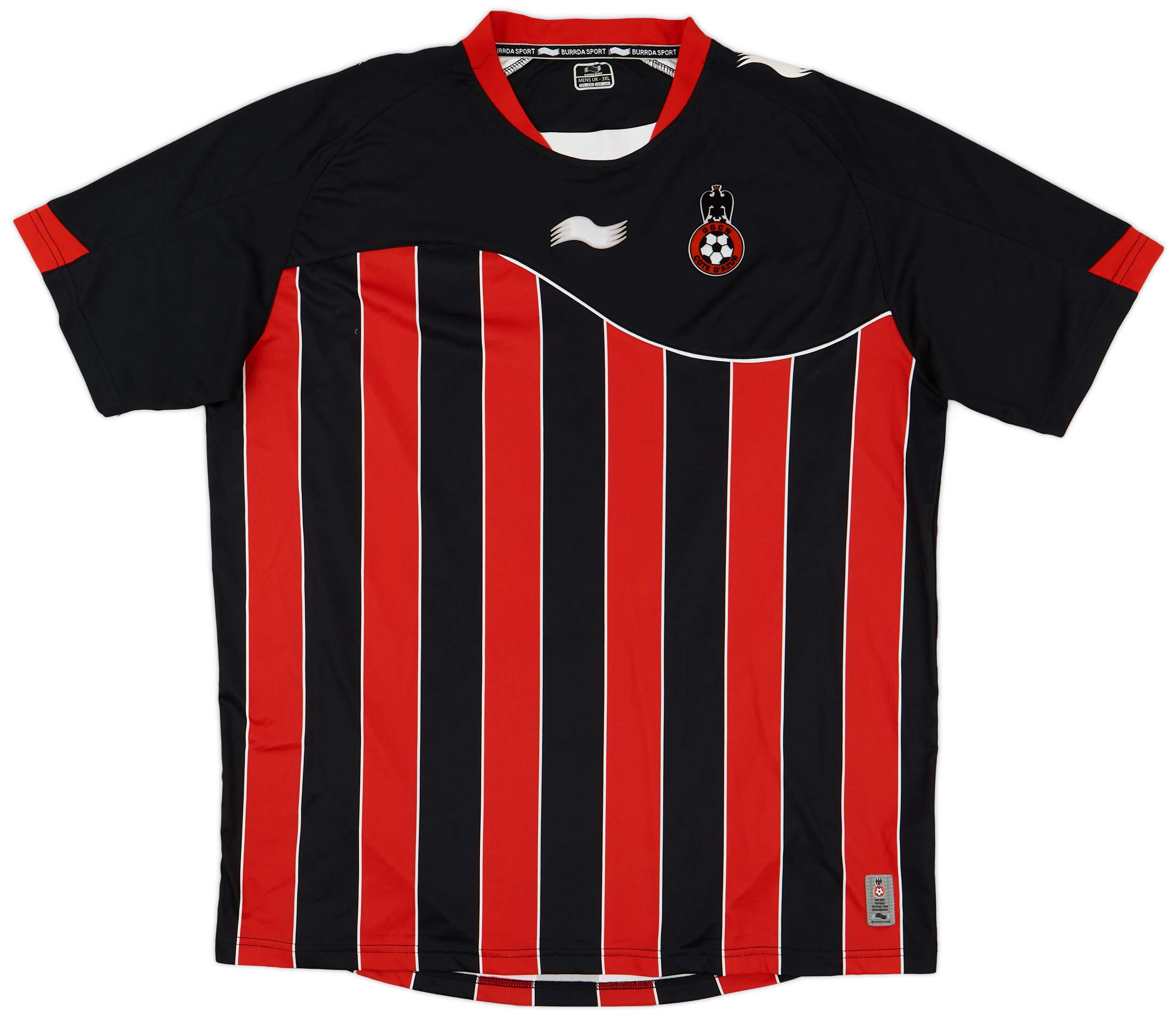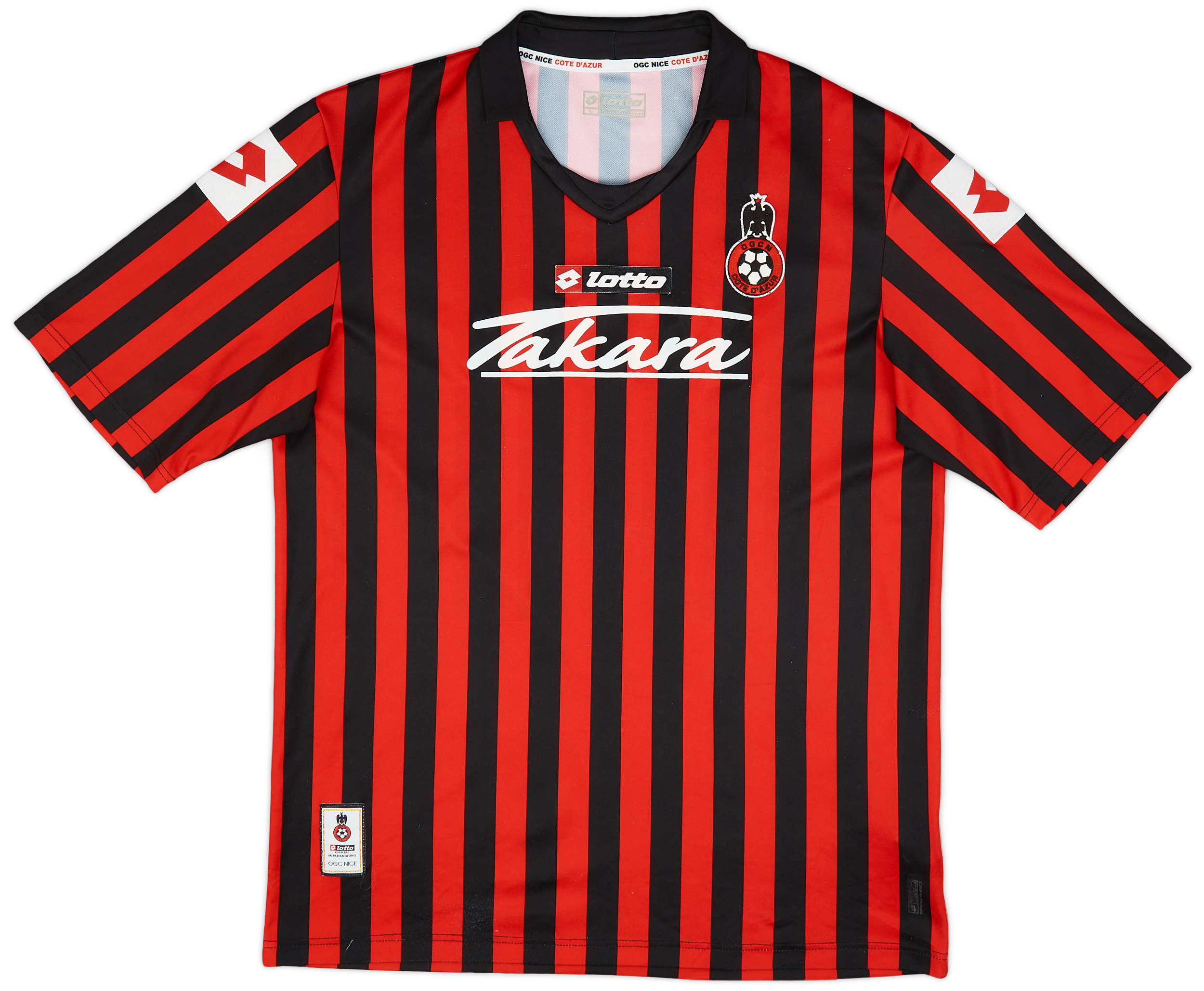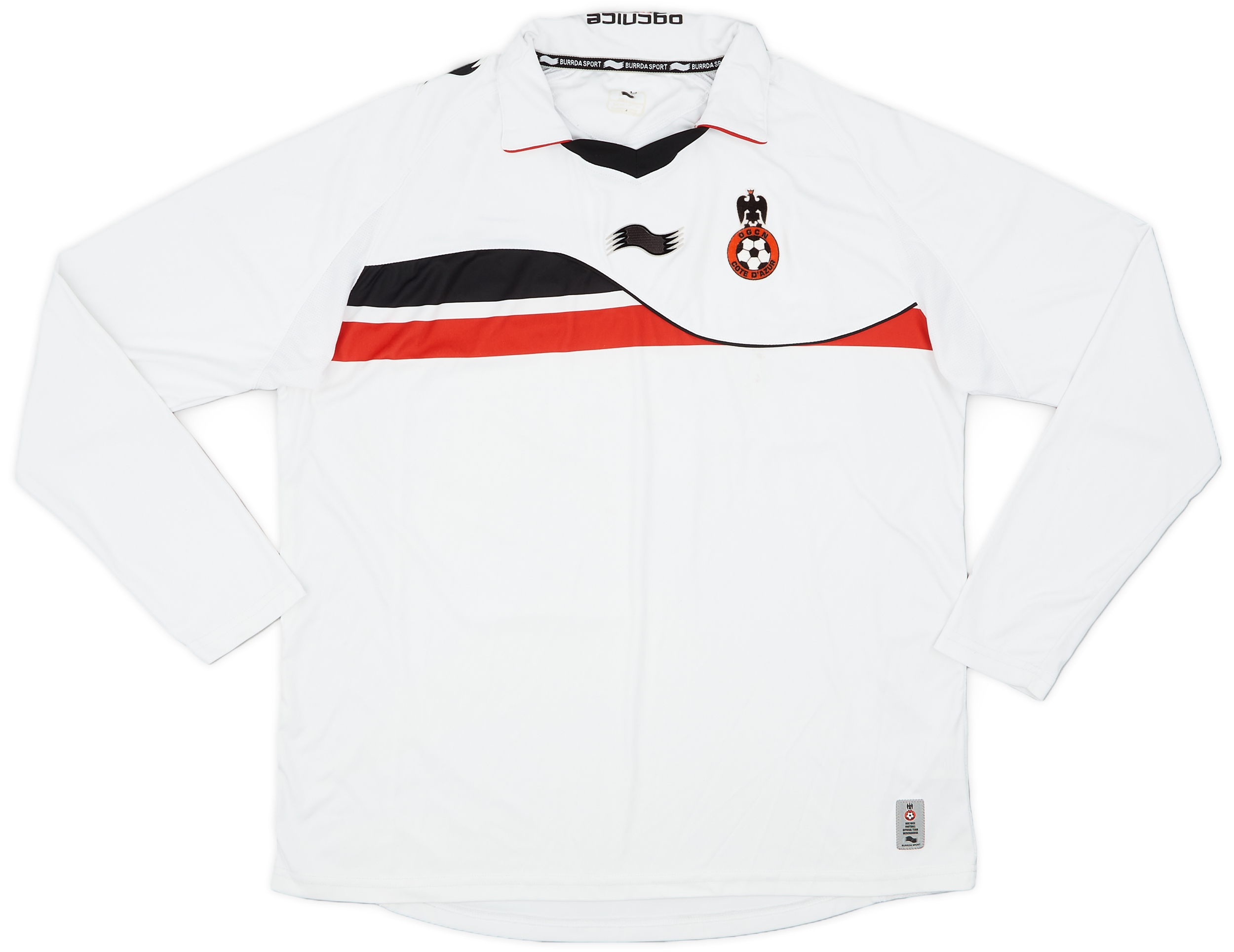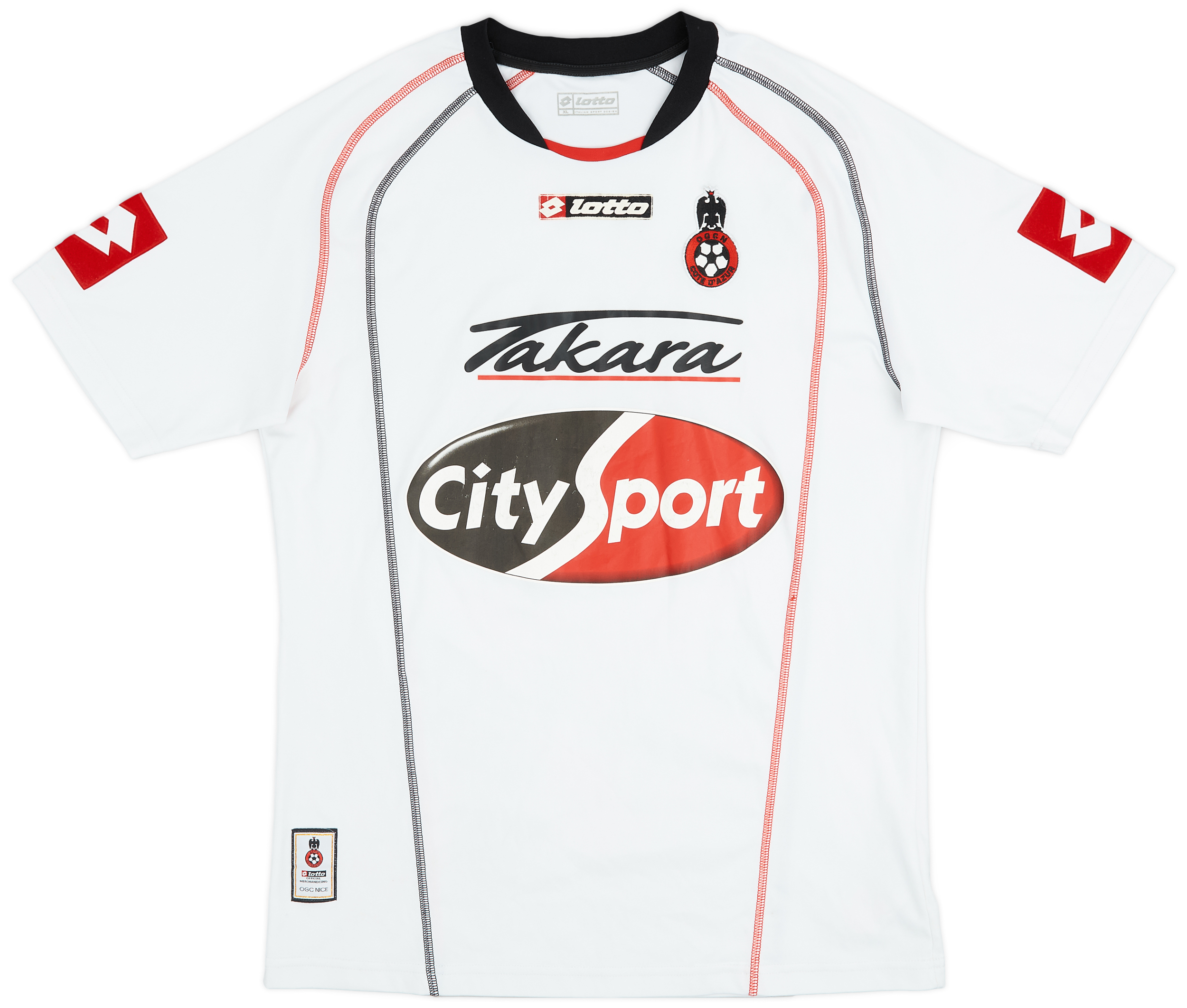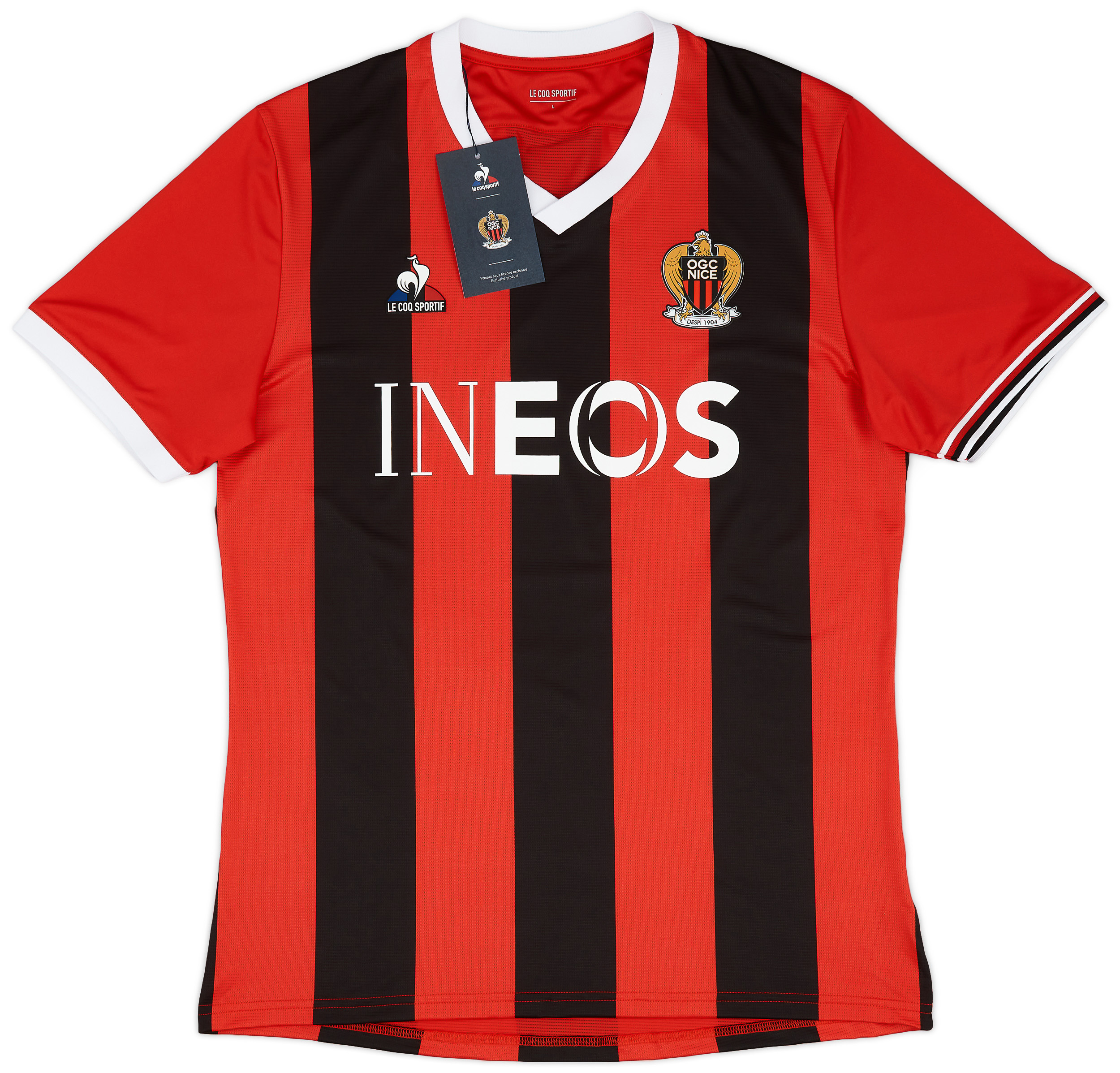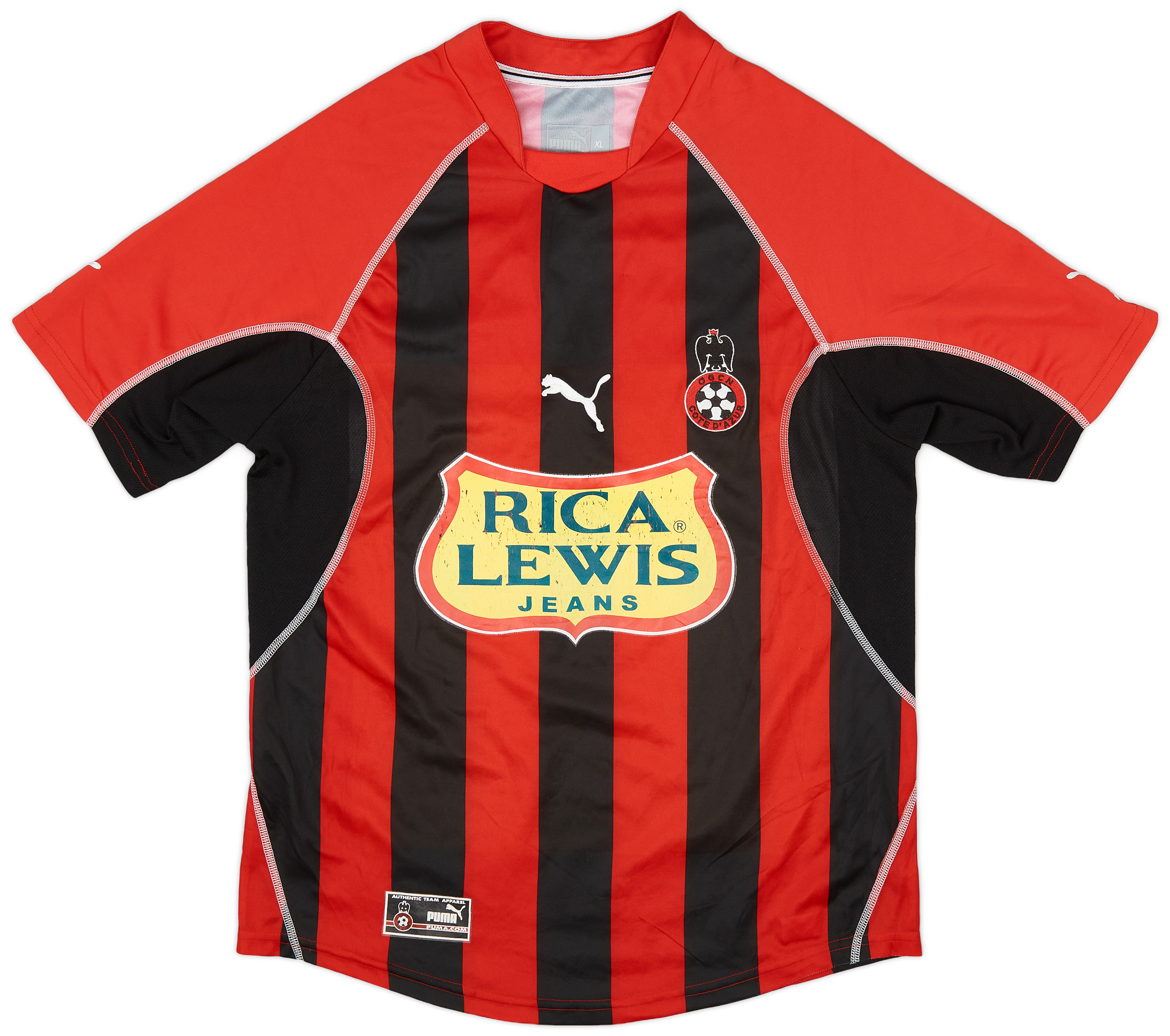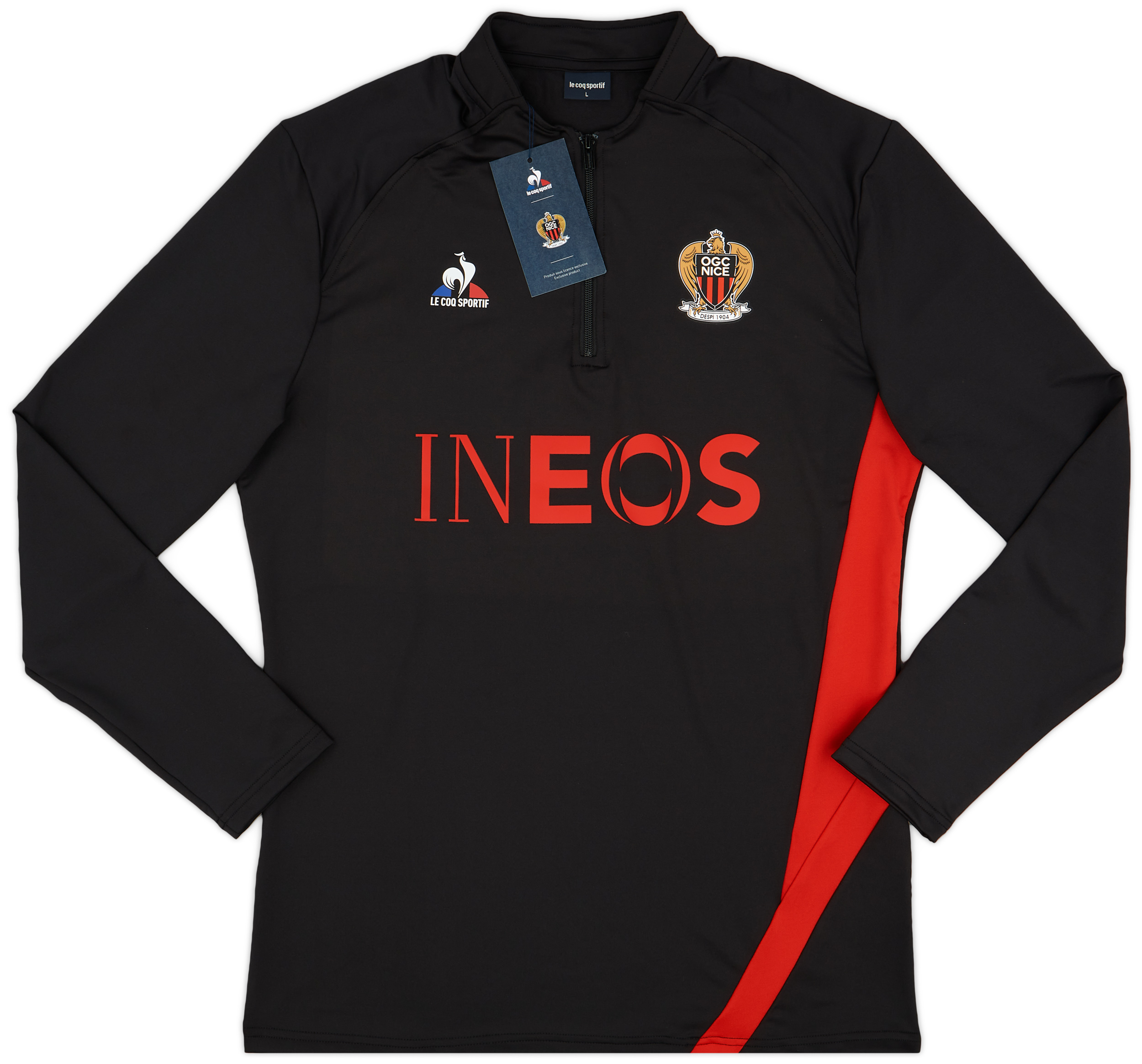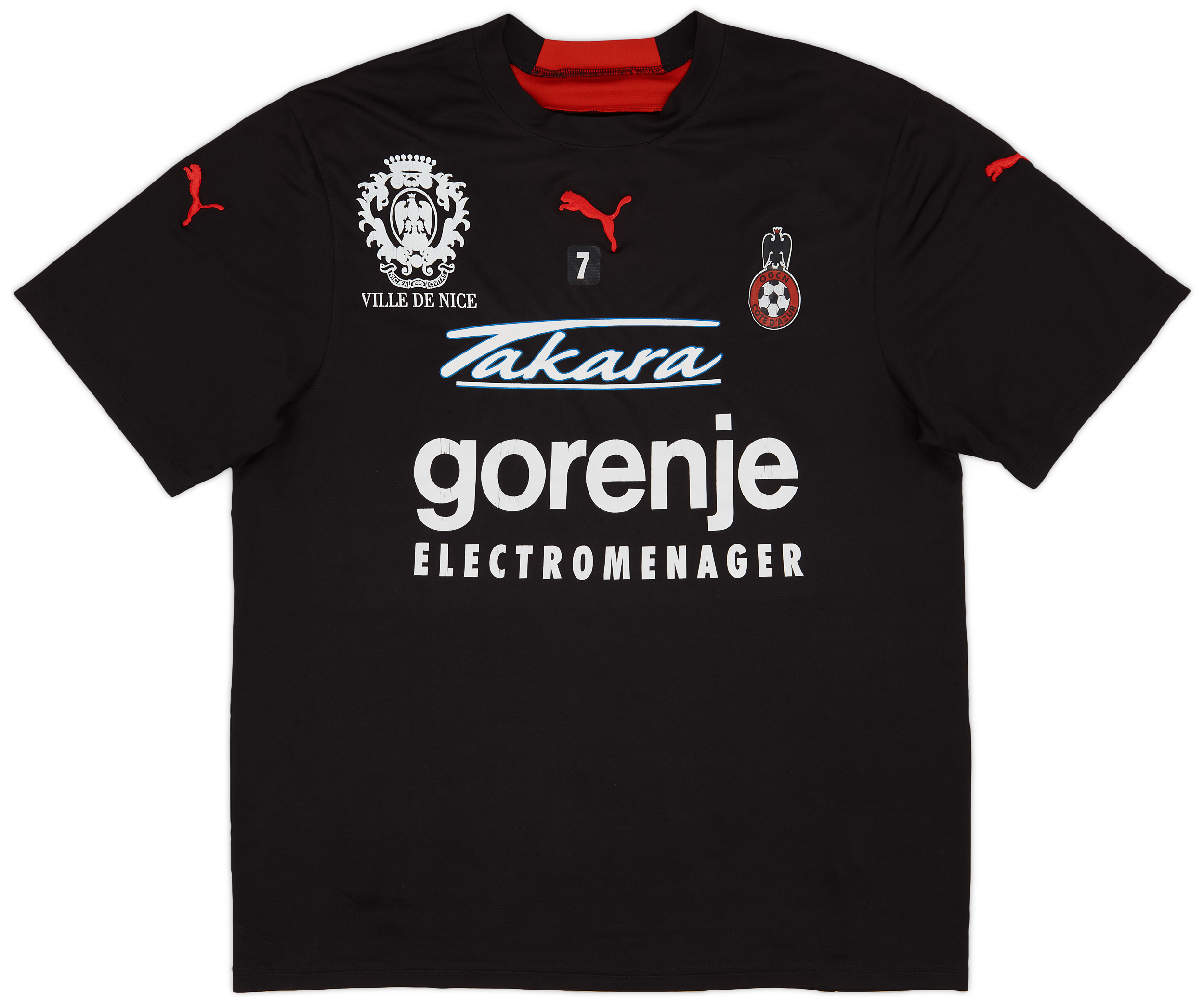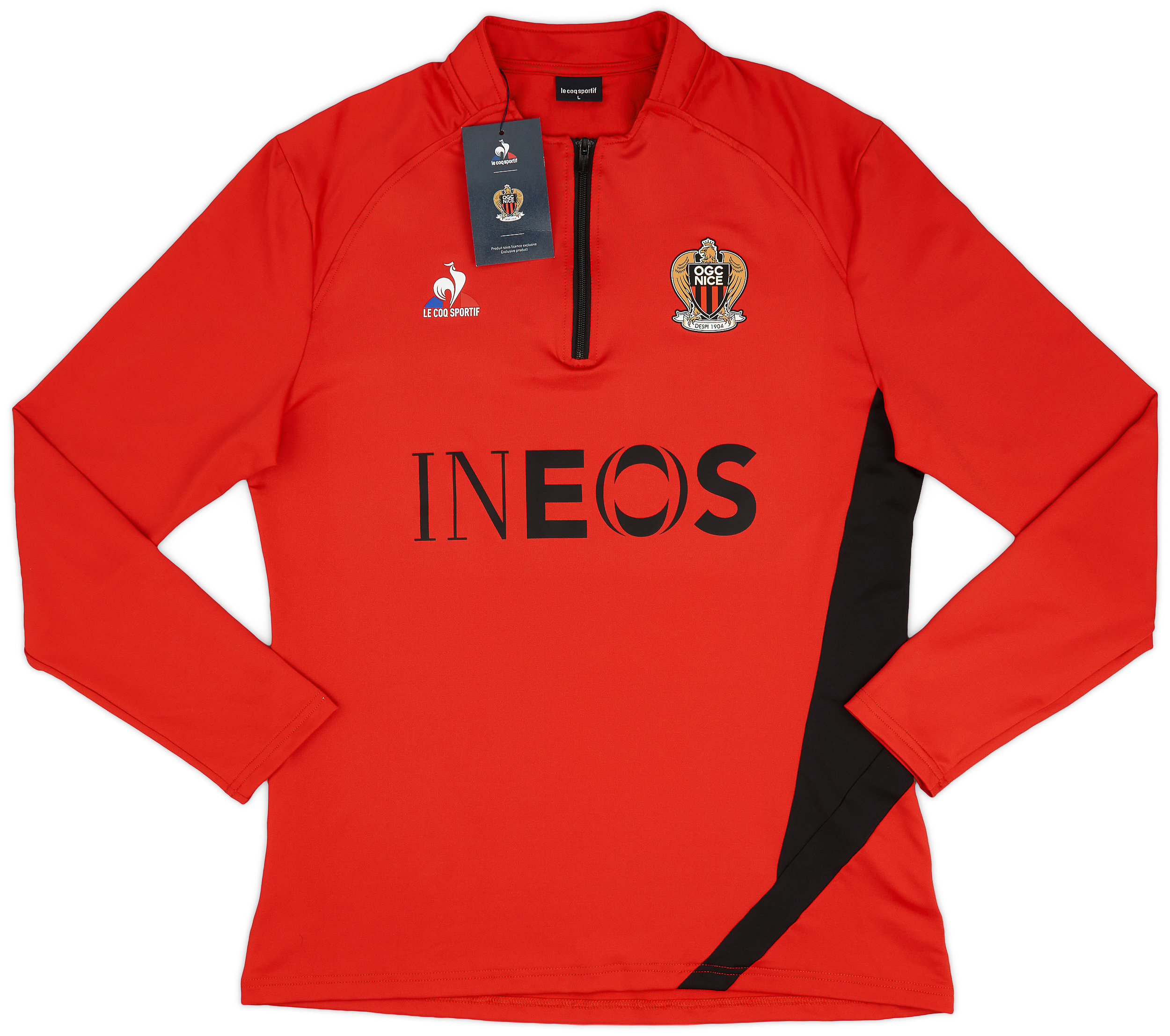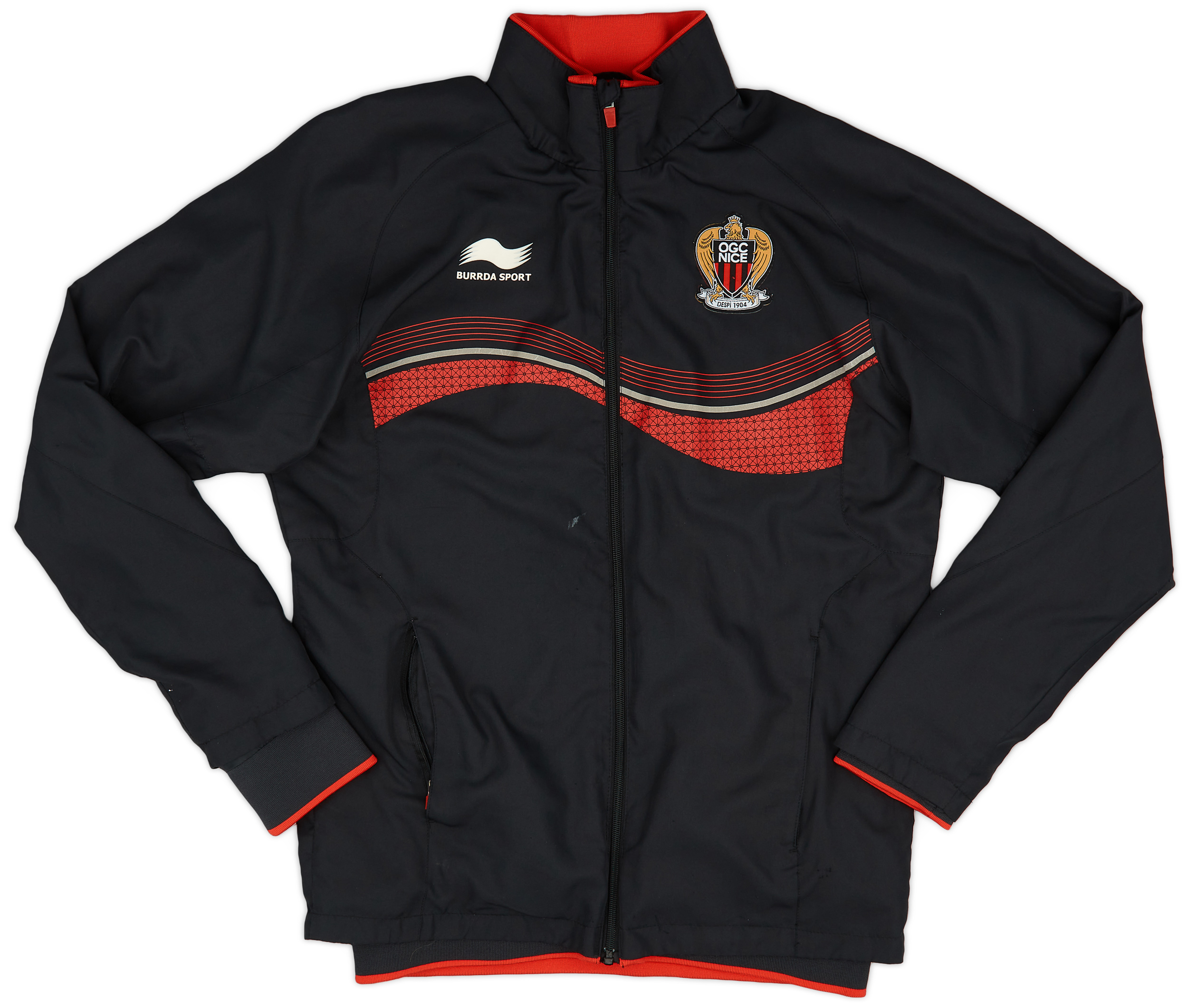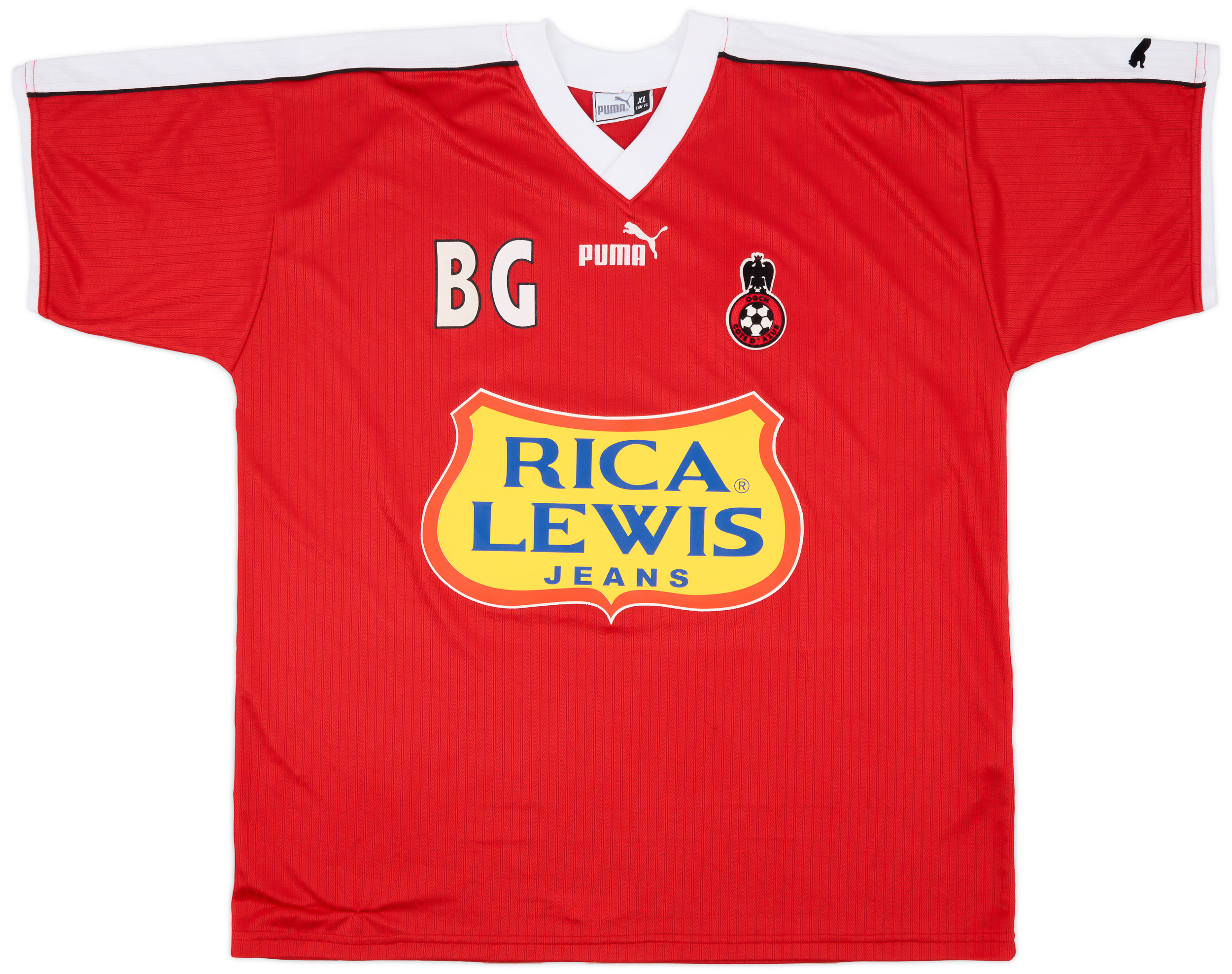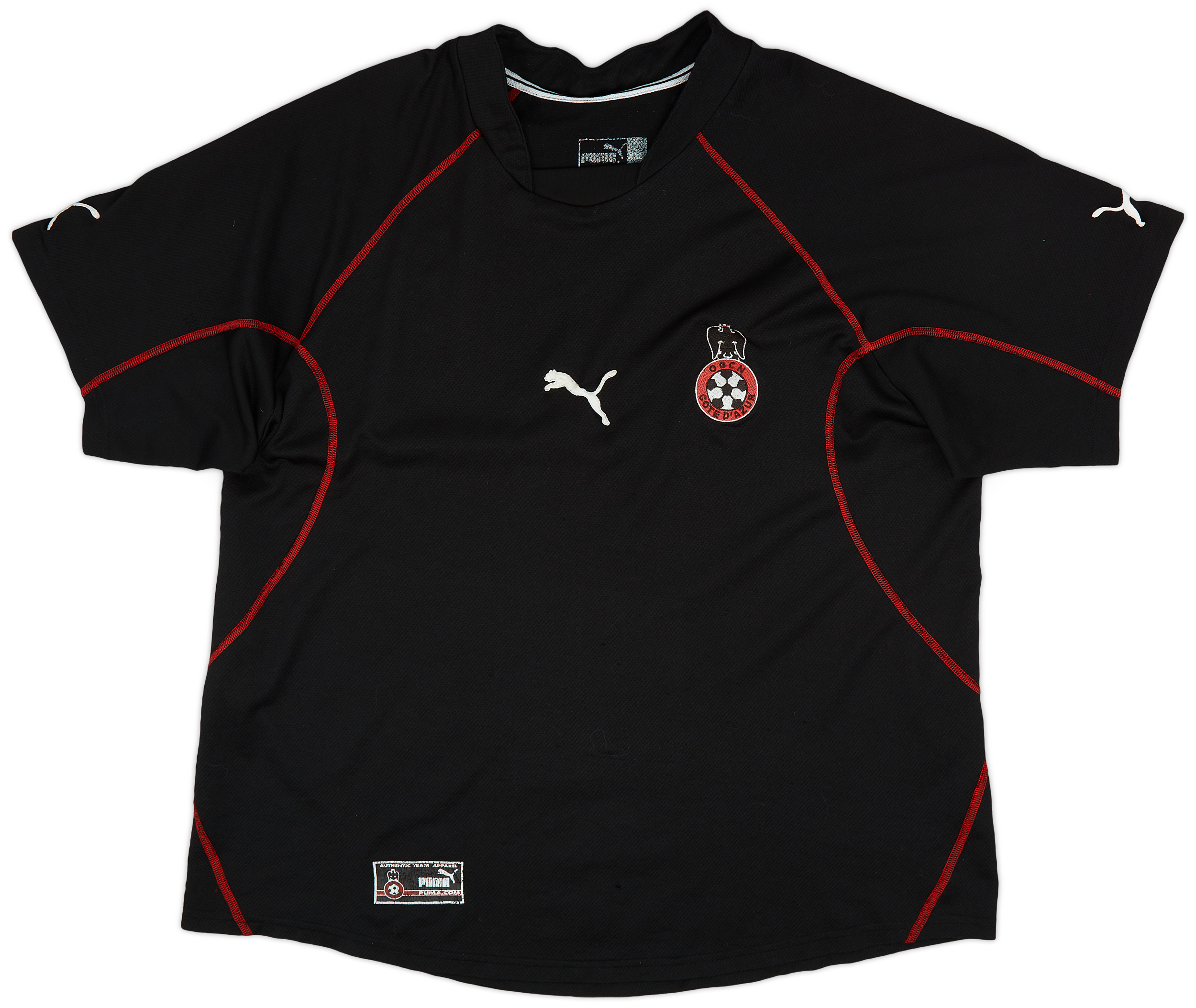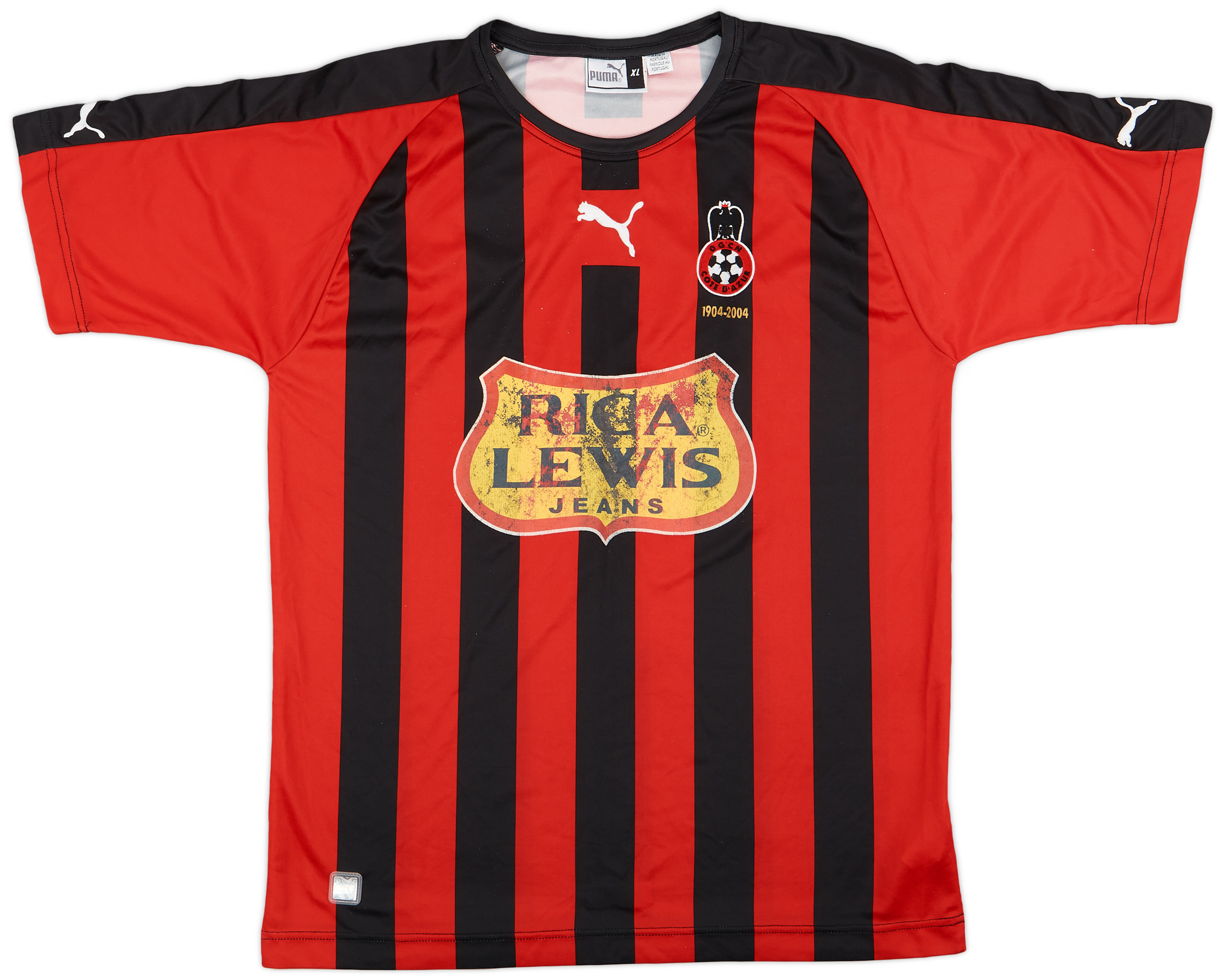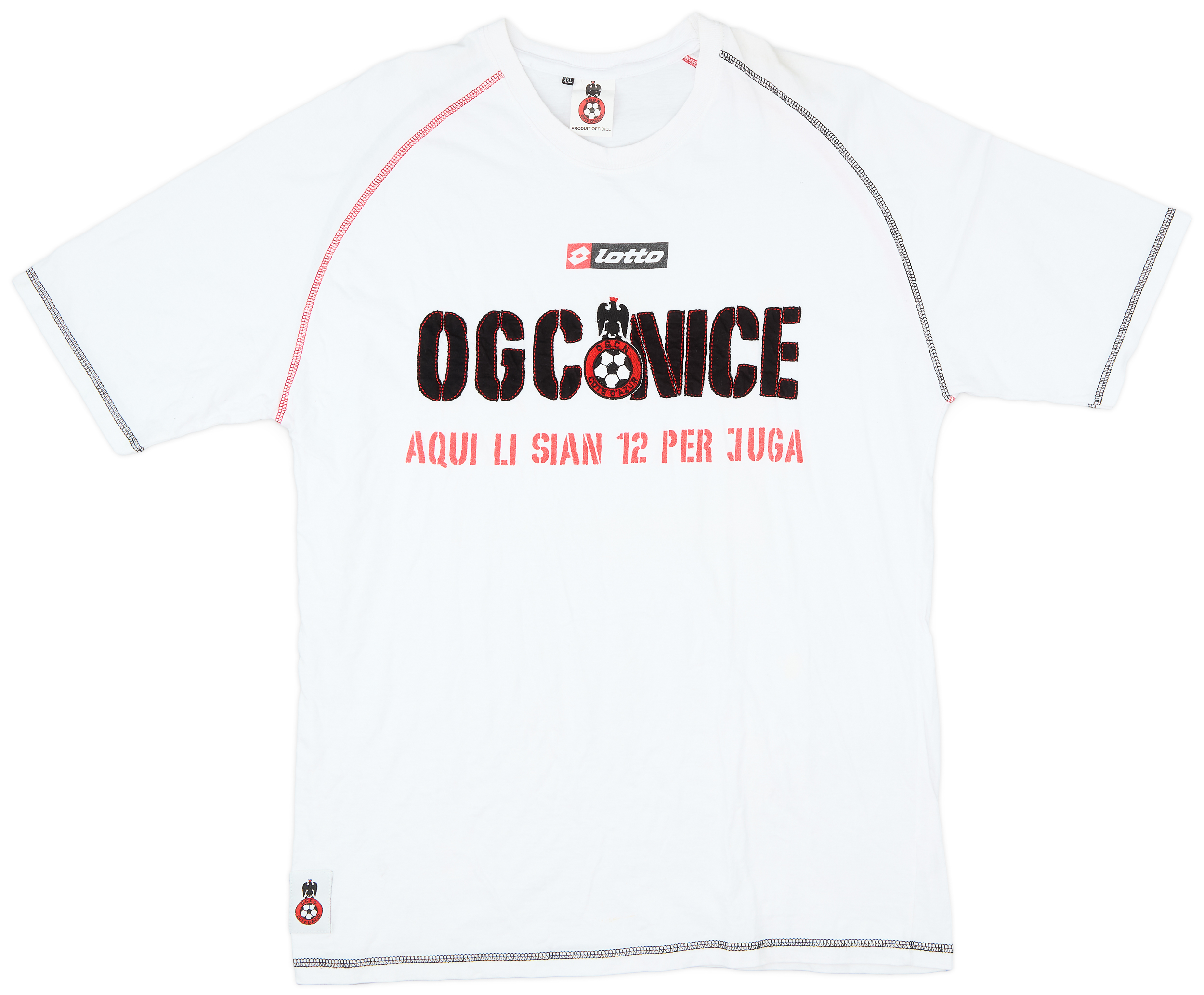Nice
Introduction Located in the stunning city of Nice on the French Riviera, OGC Nice, commonly referred to as Nice, is a notable football club that boasts a rich history and passionate fanbase. Founded in 1904, the club has become an integral part of the city’s identity, representing not just sporting achievement but also the pride […]
2007-08 Nice Home Shirt (XXL)
106.99£ - ca: €126
2011-12 Nice Home L/S Shirt - 8/10 - (XXL)
94.99£ - ca: €112
2011-12 Nice Away L/S Shirt - 8/10 - (L)
82.99£ - ca: €98
2011-12 Nice Away L/S Shirt - 8/10 - (3XL)
82.99£ - ca: €98
2018-19 Nice Away Shirt Lloris #3 - 8/10 - (XL)
82.99£ - ca: €98
1994-95 Nice Player Issue adidas Training L/S Shirt #10 - 6/10 - (L)
82.99£ - ca: €98
2011-12 Nice Home L/S Shirt - 9/10 - (3XL)
82.99£ - ca: €98
2011-12 Nice Away L/S Shirt - 9/10 - (M)
82.99£ - ca: €98
2019-20 Nice Third Shirt - 9/10 - (S)
70.99£ - ca: €84
2006-07 Nice Away Shirt - 7/10 - (M)
70.99£ - ca: €84
2007-08 Nice Third Shirt - 6/10 - (XXL)
70.99£ - ca: €84
2015-16 Nice Home Shirt Mendy #22 - 6/10 - (XL)
70.99£ - ca: €84
2011-12 Nice Home Shirt - 9/10 - (3XL)
70.99£ - ca: €84
2008-09 Nice Home Shirt - 8/10 - (L)
70.99£ - ca: €84
2011-12 Nice Away L/S Shirt - 7/10 - (XL)
70.99£ - ca: €84
2007-08 Nice Away Shirt - 7/10 - (XL)
70.99£ - ca: €84
2023-24 Nice Home Shirt
64.99£ - ca: €77
2004-05 Nice Home Shirt - 6/10 - (XL)
58.99£ - ca: €70
2023-24 Nice Le Coq Sportif 1/4 Zip Training Top
58.99£ - ca: €70
2005-06 Nice Player Issue Puma Training Shirt #7 (Bisconti)
58.99£ - ca: €70
2023-24 Nice Le Coq Sportif 1/4 Zip Training Top
53.99£ - ca: €64
2013-14 Nice Burrda Track Jacket - 7/10 - (M)
53.99£ - ca: €64
2004-05 Nice Staff Issue Puma Training Shirt BG - 7/10 - (XL)
53.99£ - ca: €64
2018-19 OGC Nice Home Shirt - 7/10 - (XXL)
53.99£ - ca: €64
2016-17 Nice Away Shirt - 8/10 - (S)
51.99£ - ca: €61
2002-03 Nice Away Shirt - 5/10 - (XXL)
47.99£ - ca: €57
2010-11 OGC NIce Home Shirt - 5/10 - (M)
41.99£ - ca: €50
2004-05 Nice Home Shirt - 5/10 - (XL)
41.99£ - ca: €50
2013-14 Nice Burrda Training Shirt - 9/10 - (XL)
35.99£ - ca: €42
2007-08 Nice Lotto Graphic Tee - 8/10 - (XXL)
29.99£ - ca: €35
Introduction
Located in the stunning city of Nice on the French Riviera, OGC Nice, commonly referred to as Nice, is a notable football club that boasts a rich history and passionate fanbase. Founded in 1904, the club has become an integral part of the city’s identity, representing not just sporting achievement but also the pride of the local community. With its iconic colors of red and black, Nice captures the spirit of the Mediterranean and has made a significant mark on French football.
Club History
OGC Nice was founded on the initiative of a group of local sports enthusiasts as called “Olympique Gymnaste Club de Nice” in 1904. Initially participating in various regional competitions before gaining admission to national leagues, Nice quickly emerged as a competitive force in French football. The club’s early years were characterized by local rivalries and a growing fanbase that passionately supported its team.
In the 1930s, Nice experienced significant success and laid the groundwork for its illustrious future. The club won its first Ligue 1 title in 1951, marking a significant milestone in its history. The victories of the late 1950s, including the coupe de France in 1953 and 1954, solidified its place in French football. Over the decades, Nice has undergone various transformations, including changes in ownership and management, but its commitment to excellence has remained unwavering.
Achievements
Throughout its history, OGC Nice has achieved considerable success both on the domestic and international stages. The club is a proud holder of four Ligue 1 titles, with championships secured in 1951, 1952, 1956, and 1964. In addition to these league triumphs, Nice has lifted the prestigious Coupe de France three times, in 1954, 1997, and 2016.
Nice has also made a mark in European competitions, most notably reaching the semi-finals of the UEFA Europa League (formerly the UEFA Cup) in 1969, showcasing its abilities on a continental level. The club’s consistent performance has made it a staple of Ligue 1, continuously competing with the best teams in France while striving for European glory.
Significant Players and Matches
Over the years, Nice has been home to numerous famous players who have left an indelible mark on the club’s history. One such player is Roger Roger, a legendary figure in the club’s formative years, who was instrumental in many early successes. In the 1960s and 70s, the likes of Francis Lee and Jean-Pierre Rivère made significant contributions to the team’s success.
In more recent times, players such as Didier Digard, who captained the team, and Mario Balotelli, whose flamboyant style and goal-scoring prowess captured the hearts of fans, have added to Nice’s legacy. The club has also produced esteemed talents, including current professionals like Plea and Cyprien, who have gone on to represent themselves on bigger stages. Noteworthy matches include the breathtaking 3-1 victory against Lyon in 2016, demonstrating the team’s ability to challenge and overcome esteemed opponents.
Cultural Impact
Beyond just football, OGC Nice plays a significant role in the local culture of the city. The club’s matches at the Allianz Riviera draw thousands of fans excited to support their team. The atmosphere in and around the stadium is electric, as fans come together, creating a community spirit where people from various backgrounds celebrate their shared passion for football.
Moreover, Nice’s influence extends to youth programs and local initiatives aimed at fostering talent in young athletes. The club emphasizes nurturing local talent through its academy, encouraging young players from the region to dream big and aim for success in professional football. This commitment ensures that the legacy of OGC Nice continues to inspire the next generation, reinforcing football’s role as a cornerstone of community identity in Nice.
Conclusion
In summary, OGC Nice is not just a football club; it is a symbol of pride and unity for the people of Nice. With a rich history marked by notable achievements, significant players, and impactful cultural contributions, the club has woven itself into the fabric of the city. As it continues to compete in Ligue 1 and strives for success on the European stage, OGC Nice remains a vital part of football’s history, embodying the passion and spirit of the sport in France.
